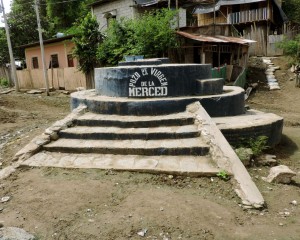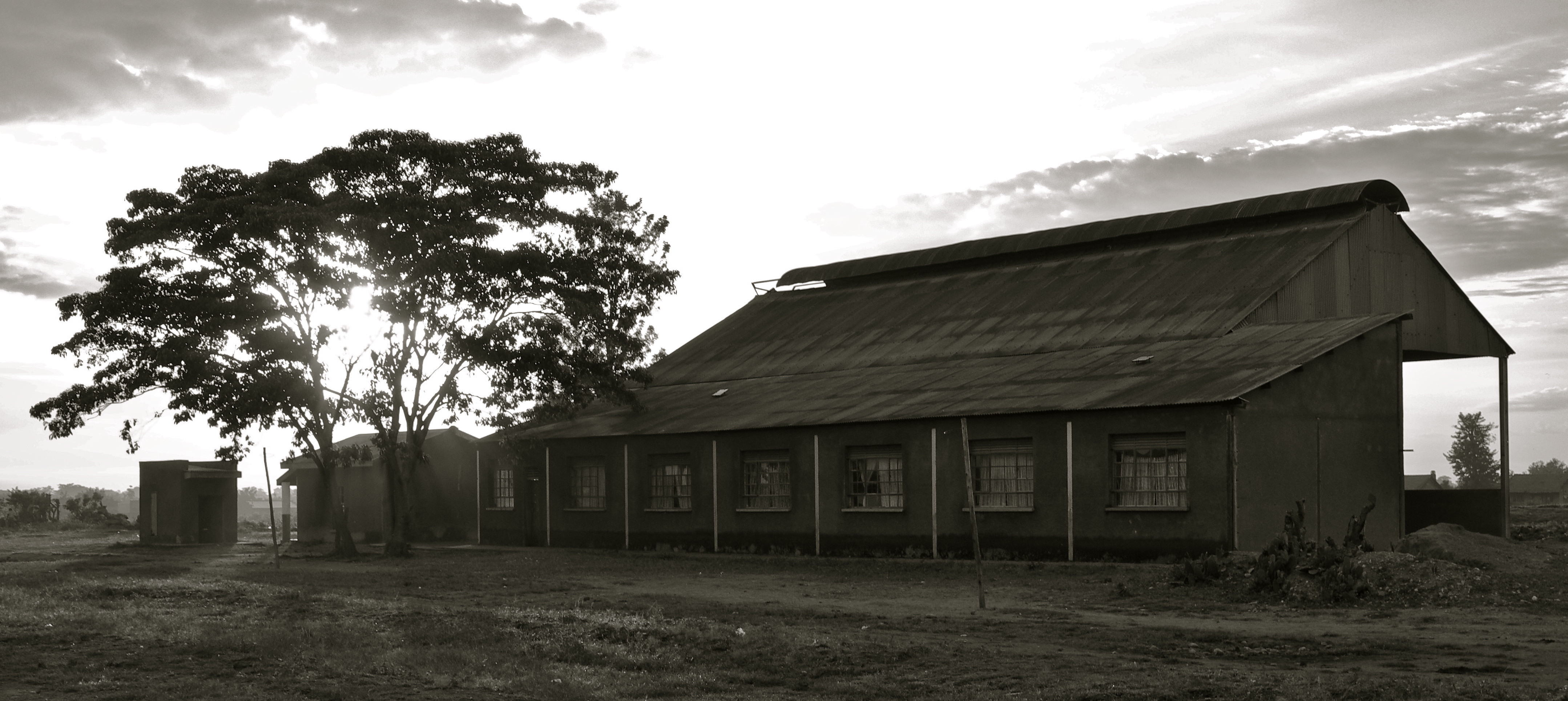Today I spent two hours washing all my clothes by hand. All my clothes except the ones I was wearing. That’s five shirts, two pairs of pants, one pair of shorts, four socks, five pairs of underwear, two bras, and a handkerchief. My hands were shaking with exhaustion afterwords. I swore to never take a washing machine for granted again.
After all my clothes were hanging to dry, I rinsed my sweat off in the shower. I poured myself a glass of water from a 3.5 liter bottle or water that we keep stocked in the fridge. Then I realized, again, the miracle that drinkable water is available from almost any tap in the United States.
Clean, drinkable water is only available from bottles on Isla Puná. Bottles that are carried by boat from the mainland. Bottles that are too expensive for many of the residents to afford. On Puná, if you can’t afford bottled water, you probably can’t afford the fuel to boil the water you take from the contaminated wells either. Ailments from contaminated water is one of the most pressing healthcare issues on the island. That is why the Pathfinders have come to Puná, to help provide drinkable water that is purified and filtered right here on Puná.

Our goal is drinkable water. That can only be accomplished for the community by the community. But we can help.
Two days ago I had a conversation on the street with a local shop owner about the clean water situation on Puná and what we, working with Water Ecuador, were doing about it. This shop owner had stopped me on the street before asking me about the water. Unfortunately, my Spanish is not advanced enough to tell him more than the most basic facts about our scheme. This time was different though. This time I had someone with me who speaks much better Spanish than I.
After we explained the water center we are constructing, he asked me why I was here. I understood this question in two ways. One, why am I working on water? Two, why am I in Puná working on water? So I had two answers.
Why am I working on water? Because water is life. I know that is corny, but it is true. Where I grew up in southern New Mexico. We have a water problem too. We have drinkable water coming from our taps, but we don’t have enough. We are a desert in a decades long draught. Our river is drying up and our water table is dropping. As different as the issues are, I believe Puná’s water problem is New Mexico’s and New Mexico’s is Puná’s. Water is water. And water is finite.
Water is an issue that will unite us beyond our differences–locally and internationally. I am working on water because water is a human issue. And I am human.
In response, the shop owner gave me an adage: “Si uno no vive para servir, no sirve para vivir.” (“If you don’t live to serve, you don’t serve to live.”) He gets it.
Why am I in Puná working on water? Because I was invited to. Simple as that. When Pathfinders Project was being organized dozens of organizations around the world were contacted to see who would be interested in our help. It was important that the proposed relationship was clear. We were coming to help local organizations with local problems that they’ve identified. We are helping hands, not saviors coming in with the “answers.”
We explained, we are not here with agenda. Not a political agenda. Not a religious one. We are only here to help and connect with people.
“Who, then, will run the center after you leave?” the shop owner asked.
“You,” we said. Well, you the community. We are helping to build the water center, but it will take the community to make it work. His excitement was apparent. He believes in the power of community. Change only happens at the community level. Any bigger and there is too much politics. Too many egos. Too much bureaucracy. Ok, these last ideas are my interpretation of what he means by community being the only level that has the power to effect change. But I agree that communities working together are powerful.
In my conversations with other Puná citizens, it is clear that clean water is exciting. The fact that the water is coming from and purified in Puná is more exciting.
That’s why this project is going to work.
